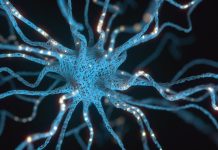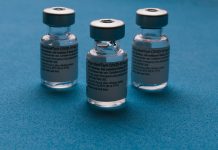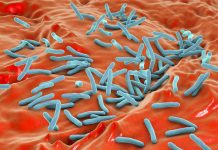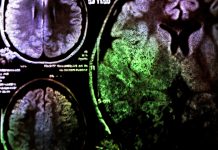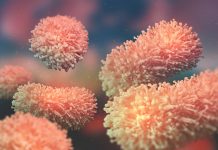Research & Innovation News
Open Access Government has a large variety of Scientific Research and Innovation information that is available in this category.
This section explores the latest breakthroughs in all aspects of science: including Biology, Chemistry, Physics, Psychology and Sociology. There is extensive research on psychological and social patterns that occur in everyday life.
Information is available on scientific policies that the government might adopt. Along with the changes and developments of global space policy. We cover the ongoing rise of anti-microbial resistance (AMR) and cancer research breakthroughs along with countries and their own individual research priorities.
Within this category we explore the massive increase and growth in CBD research and production, there is a lot of interesting information available.










